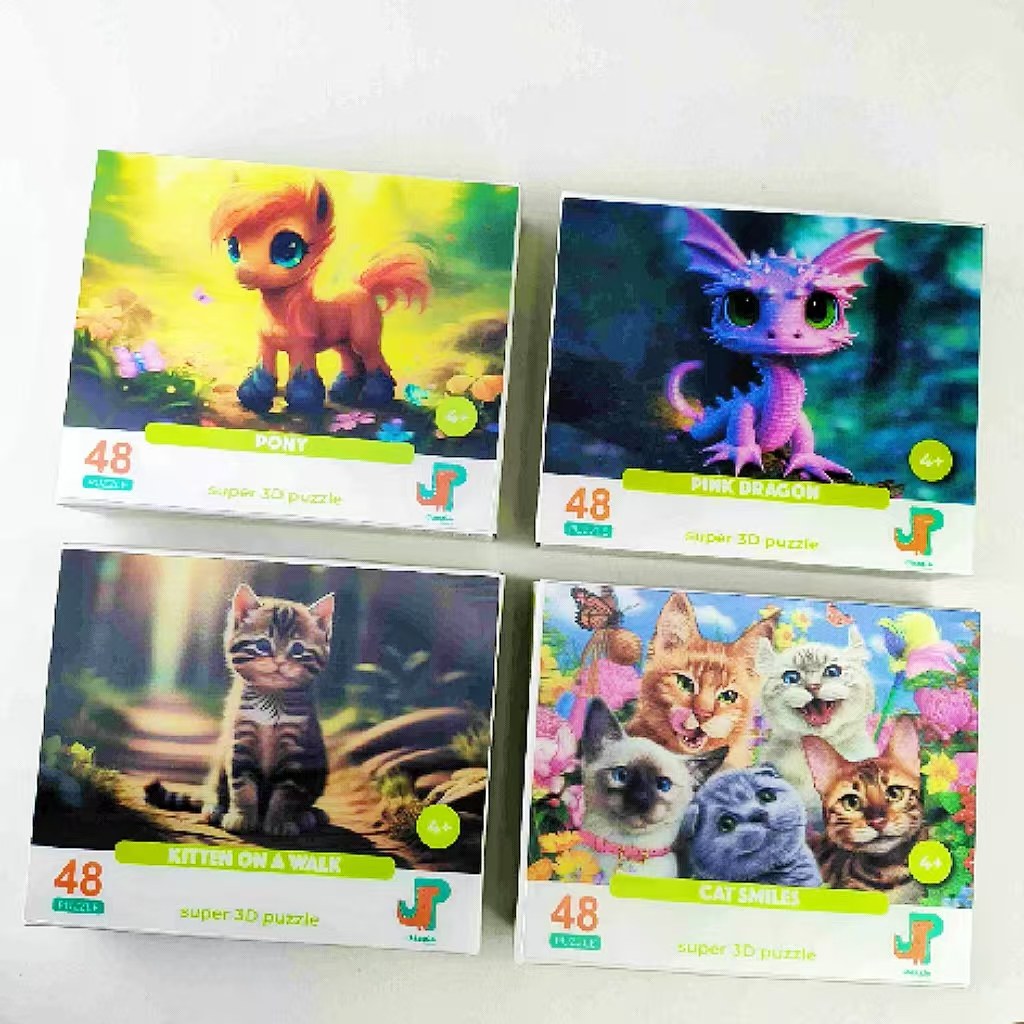3D pixel puzzle craze sweeps the world
2025-04-09
Recently, a 3D pixel puzzle game called "Voxel Challenge" topped the new game list on the STEAM platform in the first week of its launch, and its unique three-dimensional puzzle gameplay has aroused heated discussions among players around the world. This product, developed by independent studio PixelForge over three years, successfully combines traditional plane puzzles with 3D modeling technology, creating a new category of "pixel building block puzzles".
Breaking the two-dimensional boundaries and reconstructing spatial thinking
Unlike traditional puzzles, "Voxel Challenge" requires players to restore the target model in a virtual three-dimensional space by rotating, splitting, and combining hundreds of colored pixel blocks. The game's built-in physics engine can detect structural stability in real time-any unreasonable splicing will cause the model to collapse. In an interview, the development team revealed that its inspiration came from the restoration of museum cultural relics, hoping to let users experience the fun of "digital archaeology".
Currently, the game contains more than 200 original levels, covering topics from Egyptian pyramids to quantum computers. The most popular "collaboration mode" supports up to 4 people online, and players need to divide the work to operate different perspectives to complete the splicing. According to early test data, this mode shortens the average clearance time by 40%, but the error rate increases by 35%, and team tacit understanding becomes the key to success.
Education market potential is evident
It is worth noting that many schools from the UK and Singapore have introduced it into geometry courses. A research report released by the cognitive science team of Cambridge University pointed out that students who played the game for 30 minutes every day for two consecutive weeks scored 22% higher in the spatial imagination test, which was significantly higher than the traditional teaching aids group. "It makes abstract solid geometry tangible," said Dr. Emma Wilson, the project leader.
In response to market enthusiasm, PixelForge announced that it will cooperate with 3D printing companies to launch physical customization services. Players can transform in-game works into real ornaments, and the first limited edition "Player Self-Created Model Exhibition" will land at Tokyo Design Week in June. As the development of the AR version enters the final stage, this spatial puzzle revolution triggered by 3D pixel puzzles is redefining the boundaries of puzzle entertainment in the digital age.





